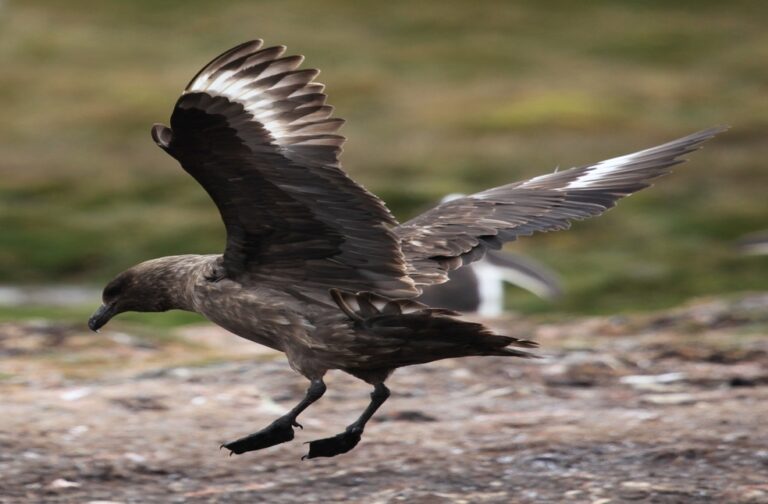United Kingdom: Scientists have confirmed the presence of High Pathogenicity Avian Influenza (HPAI) or Bird flu for the first time in mammals in the Sub-Antarctic region. The disease was detected in elephant seals and fur seals on the island of South Georgia by experts from the Animal Plant Health Agency (APHA) in UK.
A collective of organisations are working in the area. Working alongside the Government of South Georgia South Sandwich Islands (GSGSSI) and British Antarctic Survey (BAS), APHA has been at the forefront of testing for bird flu in mammals in this sub-Antarctic region after it was first suspected last year.
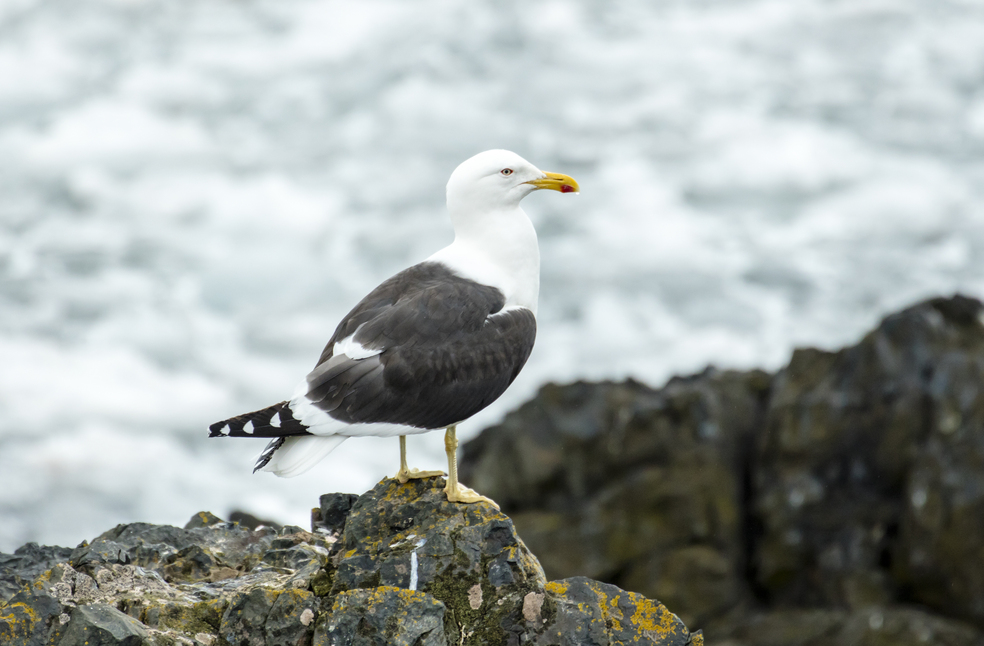
South Georgia is a UK Overseas Territory situated in the Southern Atlantic Ocean. The area is accessible only by ship. It has some of the most closely monitored seabird colonies in the world. It aids scientists and conservationists with indicators of change for species.
HPAI was first suspected on Bird Island off the northwest coast of South Georgia in October 2023 after the deaths of several brown skuas. Sequence analysis from infected birds demonstrates that the virus had come through migratory bird movement from South America.
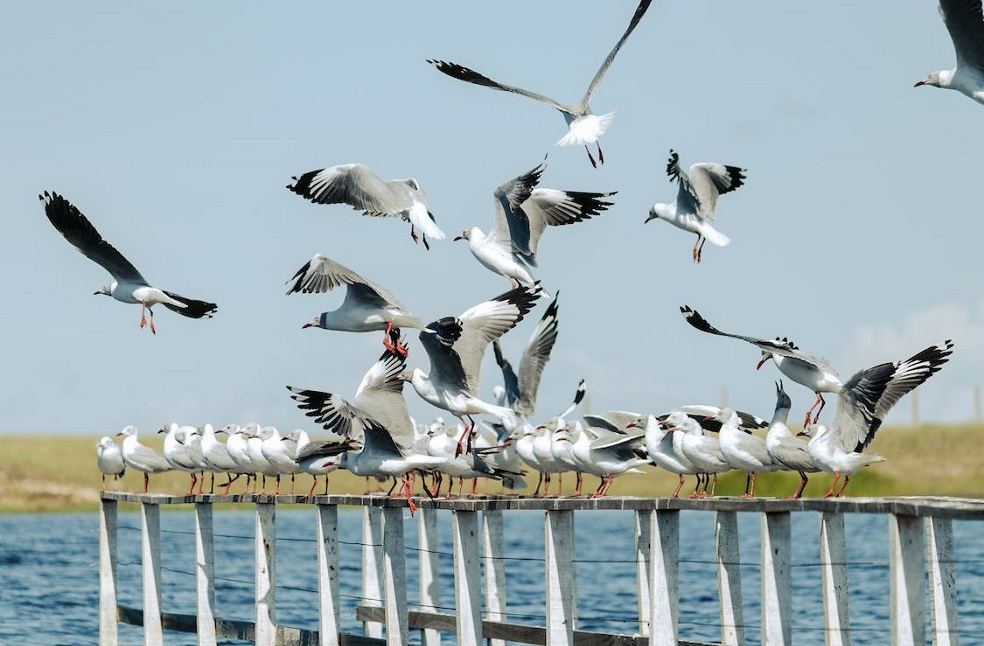
APHA scientist Dr Marco Falchieri spent three weeks in the Sub-Antarctic region. Mr. Falchieri visited the affected islands onboard the Royal Navy vessel HMS Forth and collected samples from dead mammals, including elephant seals and birds.
Following testing and sequencing at APHA’s laboratory in Weybridge, the samples have tested positive for HPAI H5N1 in elephant seals, fur seals, brown skuas, kelp gulls and Antarctic terns.
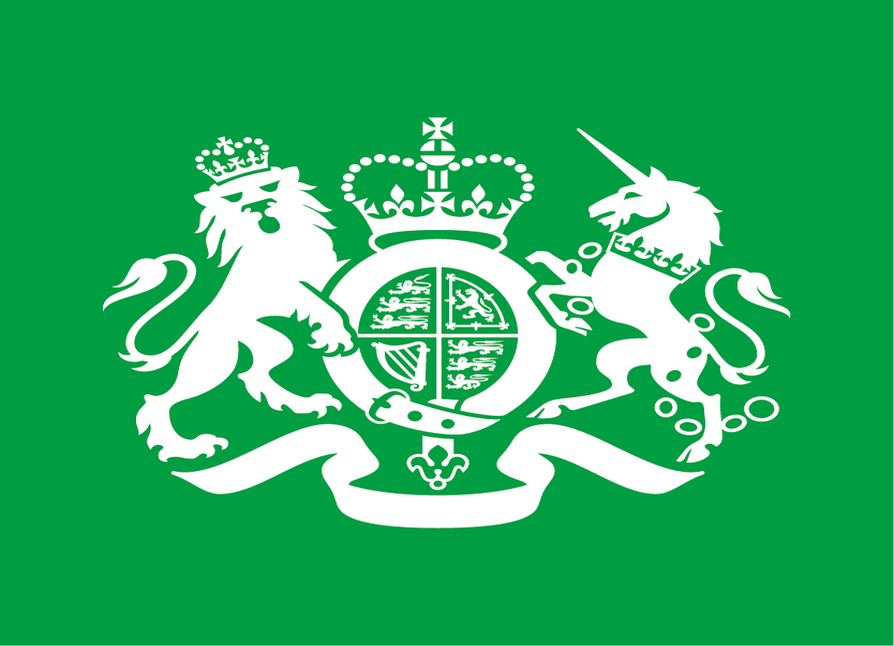
The samples from birds like albatross and giant petrel colonies on Bird Island tested negative. There have been no reports of above-average mortality in any penguin species until now.
The available genomic surveillance data shows no widespread mammalian adaptation of the virus. The risk of human infection with H5N1 remains very low.
Professor Ian Brown, APHA’s Director of Scientific Services, said that given Antarctica is such a unique and special biodiversity hotspot, it is sad and concerning to see the disease spread to mammals in the region.
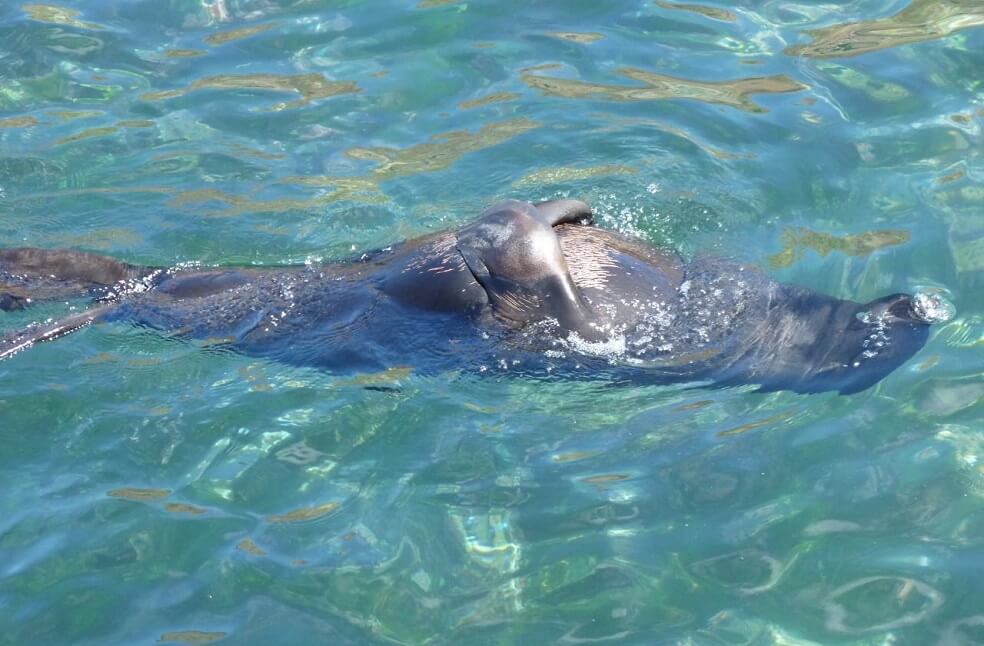
If avian influenza continues to spread throughout the Sub-Antarctic region, it could significantly threaten the fragile ecosystem. The infection will potentially put a large population of seabirds and sea mammals at risk.
APHA will continue to work with the Government of South Georgia and the South Sandwich Islands, the Falkland Islands and the British Antarctic Survey to monitor the impact of the wildlife on South Georgia and the potential spread to other areas.
Ms. Laura Sinclair Willis, Chief Executive, Government of South Georgia and the South Sandwich Islands, said that the Government of South Georgia and the South Sandwich Islands had anticipated the arrival of High Pathogenicity Avian Influenza or Bird flu in the 23/24 austral summer.
The authorities are grateful for the ongoing support of the Animal and Plant Health Agency, the British Antarctic Survey, the Ministry of Defence and the Antarctic cruise industry. They are also receiving support from a global community of partners and stakeholders who are helping them to monitor the impacts within the Territory.
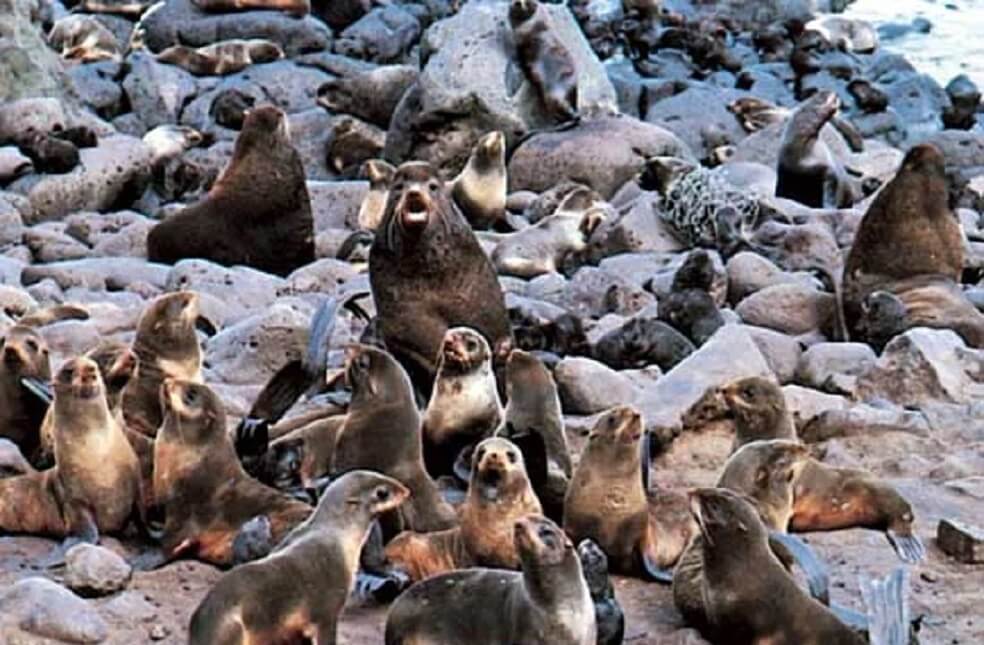
Ms. Willis stated that, “The transmission and spread of this disease is primarily a natural phenomenon. They continue to emphasise the importance of scrupulous biosecurity by all those entering South Georgia and the South Sandwich Islands.”
This work follows the announcement of an additional £3.3 million ($4.21 million) from UK Research and Innovation’s (UKRI) Tackling Infections programme and the Department for Environment. Food and Rural Affairs (Defra) provides grants to the FluMap project.
The new project, FluTrailMap, aims to respond to the evolving nature of avian influenza. Further, it also looks forward to developing an understanding of the transmission and infection in different bird populations, including how the virus transmits from wild birds to farmed poultry. It also intends to study the gaps in biosecurity that allow the virus to penetrate premises and ways to address the issue. It will also discuss the role of immunity in wild birds in the evolution of the virus. It also aims to know about the impact of vaccinations on the outbreak.


